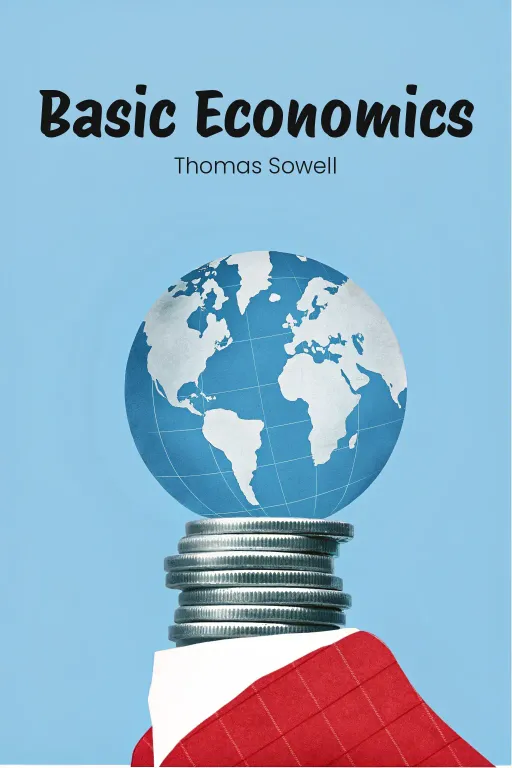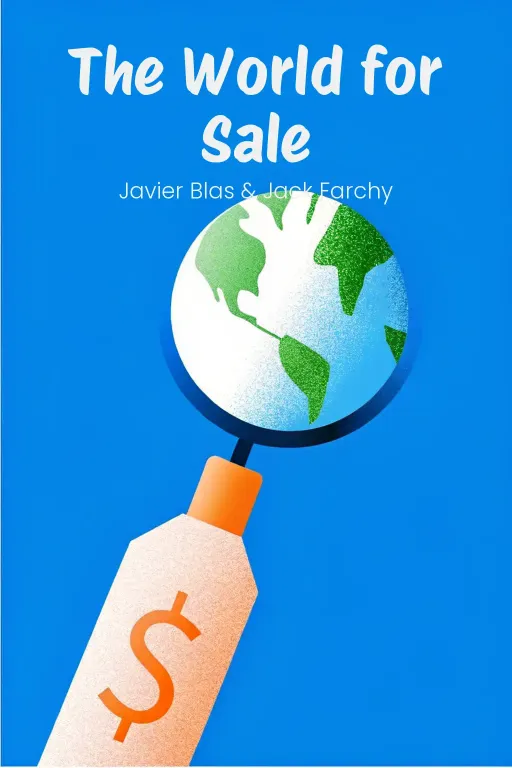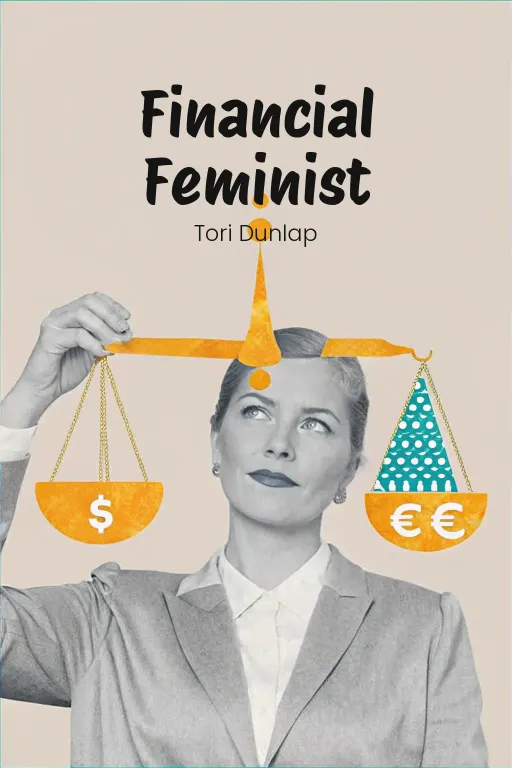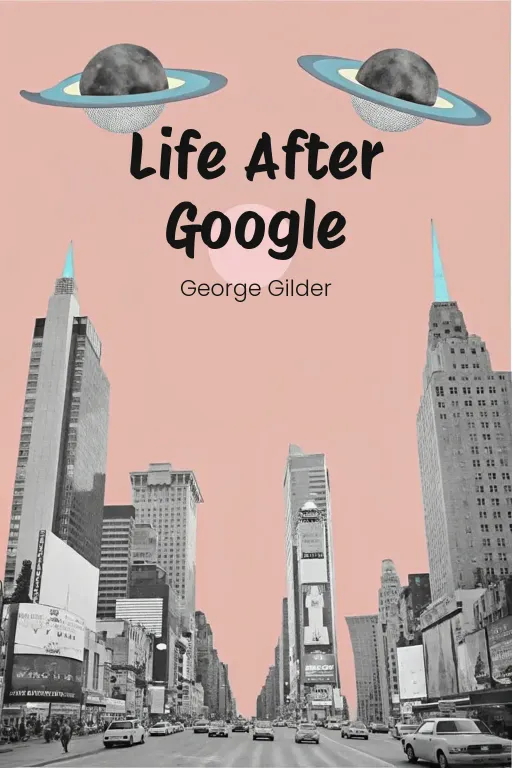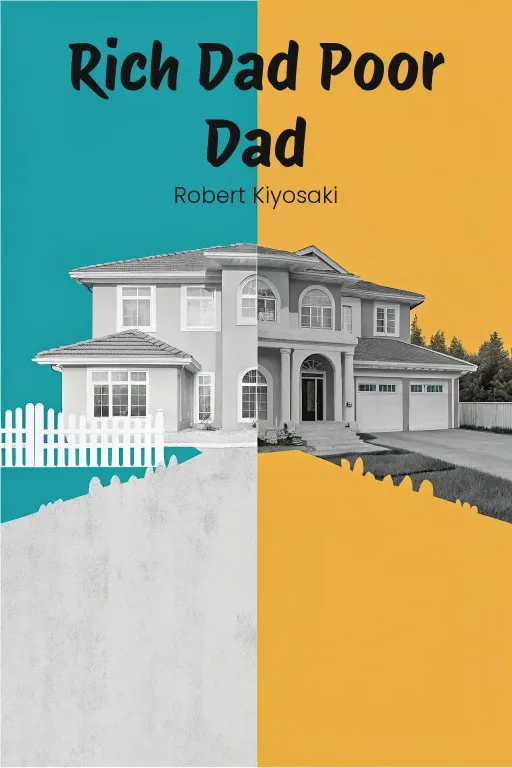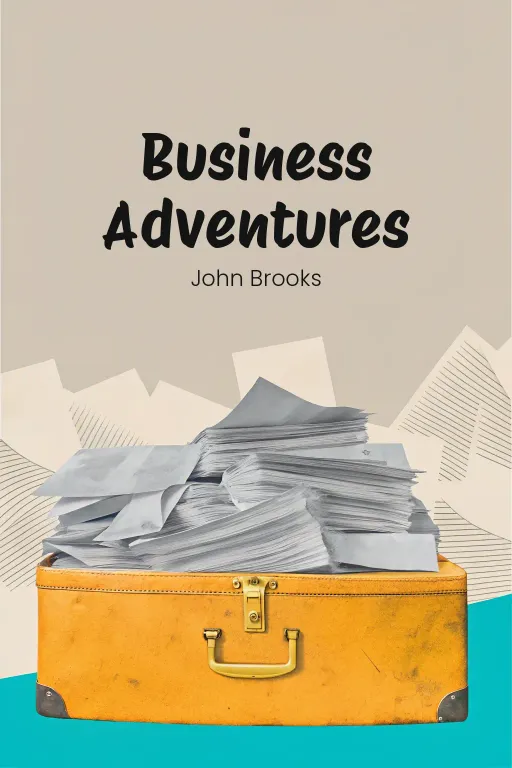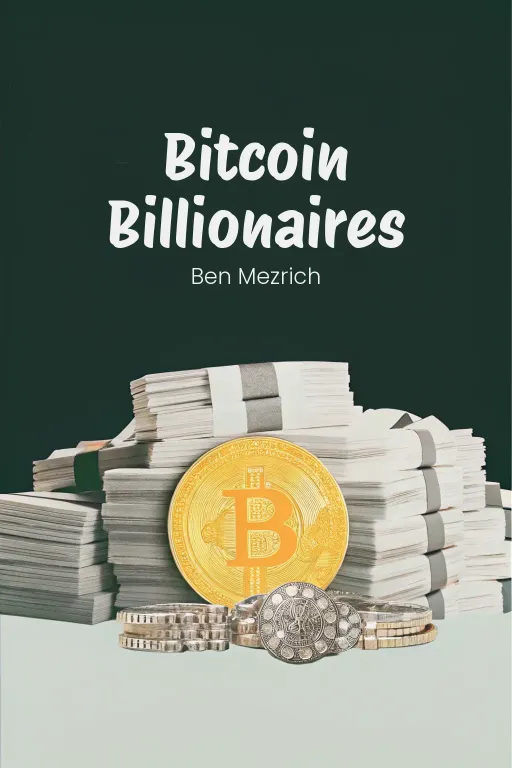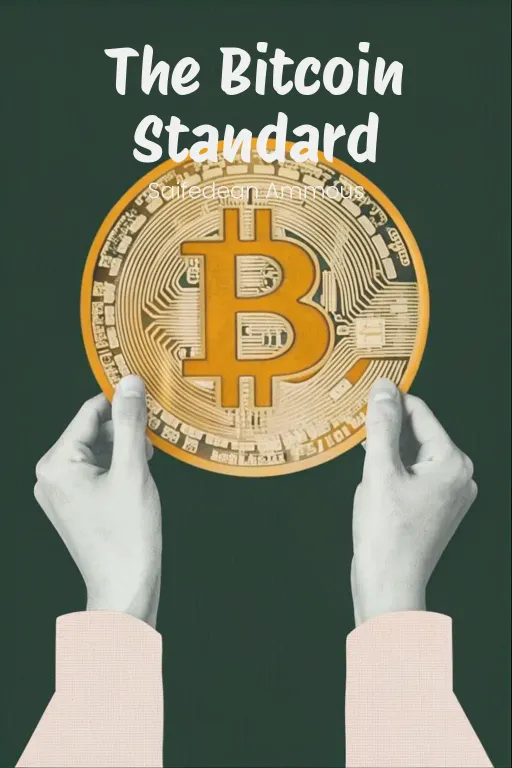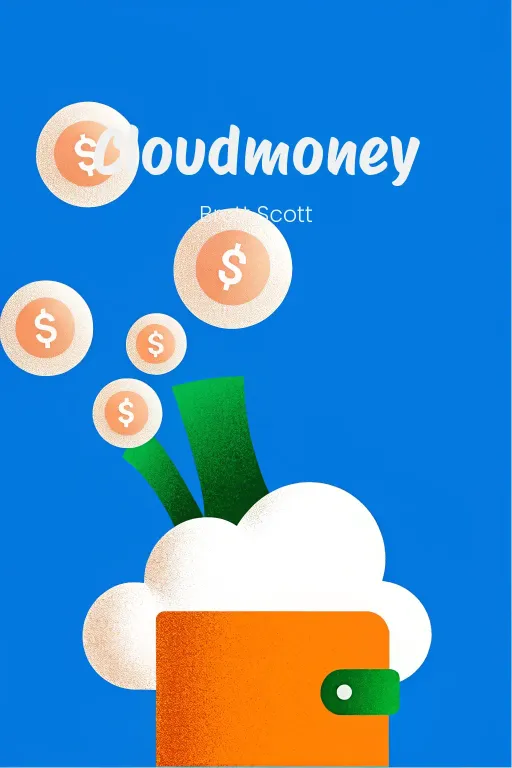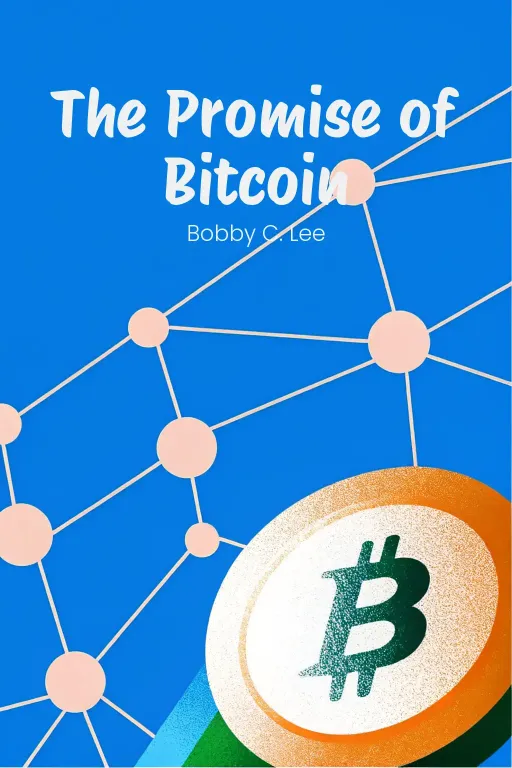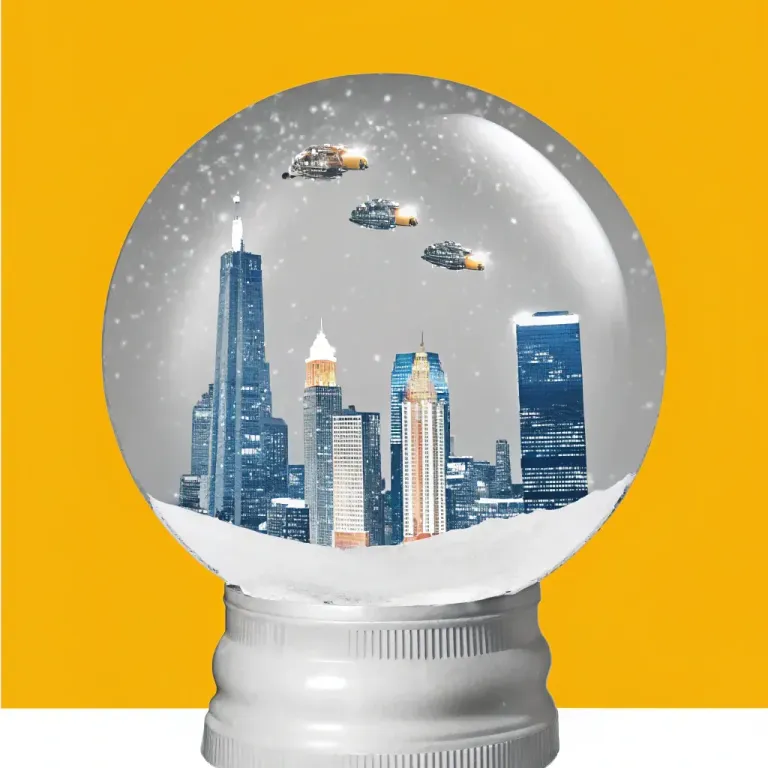
"And Then What?" Think Like a Futurist
Podcast by The Muse's Minute with Brian
A Common Sense Guide to the Economy
"And Then What?" Think Like a Futurist
Brian: What if the quick fixes we love actually cause bigger headaches later on? It’s a tough question explored by economist Thomas Sowell in his eye-opening book, "Applied Economics: Thinking Beyond Stage One." Now, this isn't just dusty economics; it’s a vital tool for anyone trying to make sense of our complex world, especially if you're a creative mind looking for deeper insights beyond the headlines. Welcome to The Muse's Minute! Brian: The single most powerful idea Sowell gives us is the danger of "one-stage thinking." That means only looking at the immediate, intended result of an action or policy, and totally missing the chain reactions that follow. Imagine dropping a pebble into a still pond. One-stage thinking just sees the splash – the immediate goal. But Sowell urges us to watch the ripples spreading out, changing the whole pond. Those ripples, often ignored, are the real long-term consequences. Grasping this is huge because it shifts you from accepting simple stories to really questioning the full impact. Brian: Let's look at rent control. Stage one thinking says, "Great! Housing is more affordable right now!" That feels good immediately, right? But thinking beyond stage one means asking, "Okay, and then what happens?" Well, landlords might have less incentive or money to keep buildings maintained, so quality drops. Fewer people want to build new rental housing if they can't set market rates. Over time, the housing supply can actually shrink, and the quality gets worse. The policy meant to help can ironically lead to shortages and decay, hurting people looking for housing down the line. It’s a pattern Sowell shows again and again: policies picked for their instant appeal often backfire because those crucial second and third stage effects weren't thought through. Brian: So, how can you use this spark today? Become a "Stage Two Thinker." It’s pretty simple. The next time you hear a seemingly easy solution for a complex problem – maybe on the news, from a leader, or just chatting with friends – pause. Just ask yourself that critical question: "And then what happens?" What are the likely ripple effects? Who else gets impacted, good or bad? What could this lead to next month, next year, even ten years from now? Training yourself to look beyond that first splash, to trace those ripples, gives you a much clearer view. That deeper understanding? That’s where the real sparks fly. Brian: Until next time, keep seeking those sparks on The Muse's Minute.
